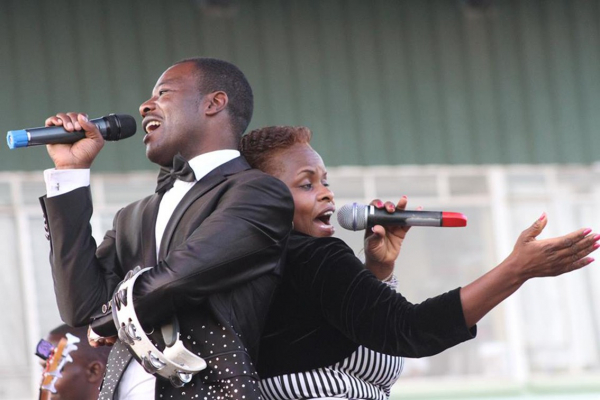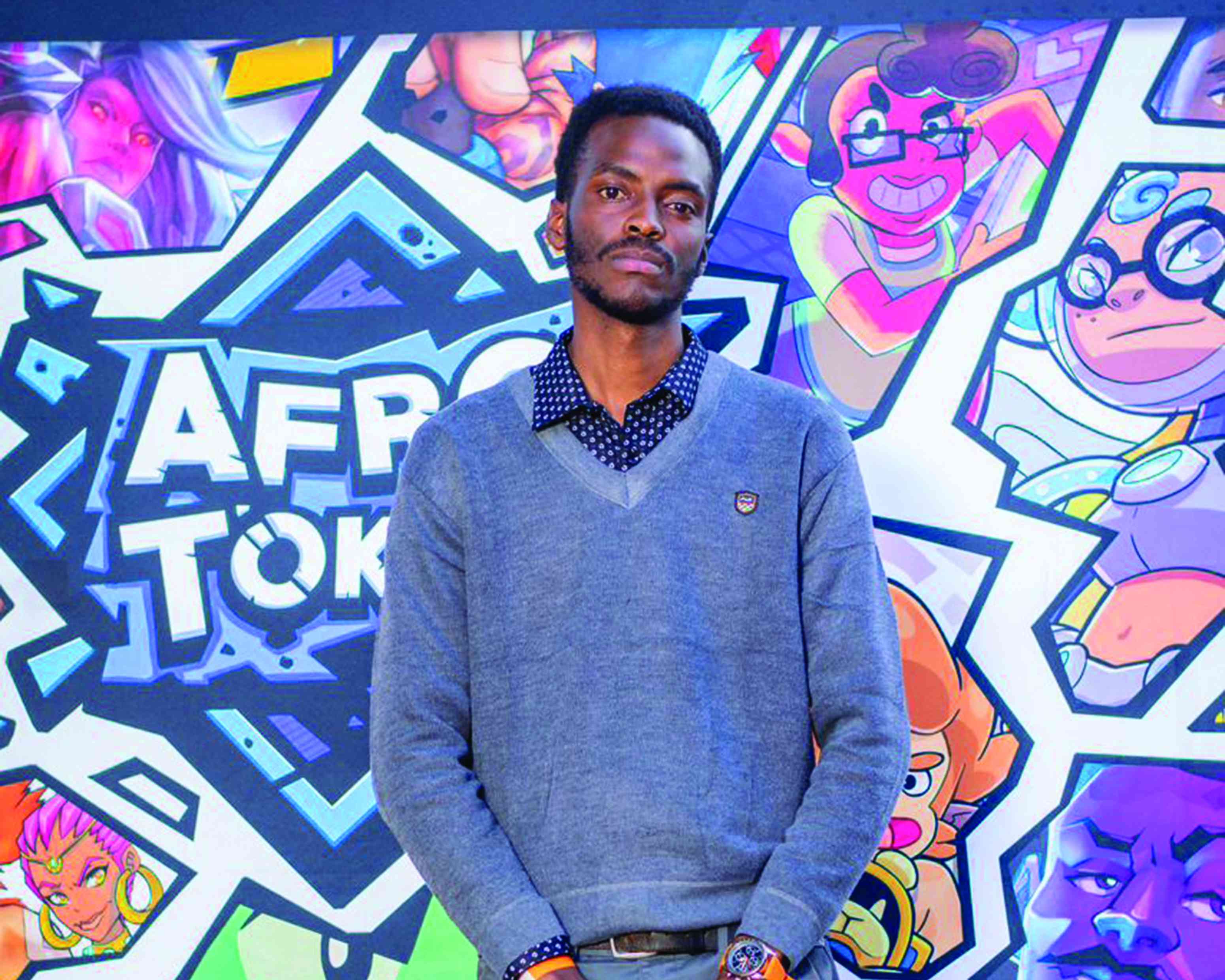
IN 1995, Charles Charamba released his first single Jehovah NdiMwari Wedu, and that was the beginning of a successful journey that has proved to be difficulty for many. He released his first album in 1997 and to date, just more than two decades in the gospel music fraternity, Charamba, together with his wife, have not looked back and their dominance was reinforced by their latest albums that are doing well on gospel music charts.
By Jairos Saunyama
Our Lifestyle Reporter Jairos Saunyama (ND) caught up with the highly-rated gospel musician and spoke about his musical journey among other issues. Below are the excerpts.
ND: You have been in the music industry for two decades. What are your reflections?
CC: The journey has been exciting and loaded with many experiences. I am happy to testify that I am one of the musicians, who has been privileged to witness the transforming power of gospel music. When we started, it was more to do with evangelising so that the people accept Jesus. We have lived to witness numbers swelling in churches. We may not claim the credit, but we are proud to be counted among those who evangelised the nation.
ND: What would you say about the impact of your gospel music?
CC: We have also seen an adoption of a homegrown gospel music style by a number of gospel musicians, something that many had been too shy to do before we answered God’s call into gospel music. A style consistent with our style of music has made its way into church praise and worship across the congregational divide.
ND: What are some of the social responsibility programmes have you done?
- Chamisa under fire over US$120K donation
- Mavhunga puts DeMbare into Chibuku quarterfinals
- Pension funds bet on Cabora Bassa oilfields
- Councils defy govt fire tender directive
Keep Reading
CC: We have played our part in fighting the stigma associated with HIV and Aids. We celebrate with the nation over the decline in HIV prevalence rate. We have also gone out of our way to participate in some social discourse (programmes) through composing music such as Musatyaire Makadhakwa.
ND: You recently released two albums. How do you rate the reception of the latest offerings?
CC: The reception of both albums has been as overwhelming as our yesteryear albums. That is the reason why we have chosen the route of opening our own outlet that sells the music. We receive some moving and touching testimonies from listeners.
ND: You decided to study music after you had already achieved a lot as a musician. What was the reason?
CC: I studied in order to attain music literacy. I had no idea of translating sound into music symbols as it is presented in tonic solfa, staff notation and other forms. The study had very little to do with my customary style and beat.
ND: You were already Traffic Safety Council ambassador when the Zimbabwe Republic Police gave you a similar role. What does it entail?
CC: Just recently, we were carrying out duties as traffic safety ambassadors in Karoi. As with ZRP, the story is closely-related. We encourage people to have goodwill with each other. ZRP is giving us an opportunity to partner policing with biblical morals. Abortion, robbery and murder are not just crimes, they are sins as well. The pastor and the officer have one common subject to deal with. We have a vibrant chaplaincy in ZRP that we will complement as well. Sin and crime are cousins.
It is much preferable to have a morally upright society, which counsels itself in accordance with God-authored morals.
ND: Of all your albums and song, which one do you single out as the best?
CC: There is not one, this is very sincere. I have poured my heart and soul equally on all. This is witnessed in the manner the music is being received as well. Our fans are hugely divided if asked the same question. I only have my most respected song not album. It is not my favourite but most revered, Uyai Titaurirane. It is all due to the fact that it captures the central objective of the whole Bible and Jesus’ mission to the world.
ND: You have stayed away from the controversy usually associated with the music industry. What is your secret?
CC: It is realised through God’s grace. I, however, attribute some of it to the reality that we always want to embrace. My wife (Olivia Charamba) and I always tell ourselves that we are ordinary Christians and that there are no such titles like celebrities before God. We prefer to be modest than extravagant. We try our best to live within our means. We prayed earnestly before getting married such that God shields us from schemes of infidelity. We have our weaknesses and strengths, though.
ND: How do you rate your call as “fishers of men” beyond the music?
CC: I think it is for the people to testify. We are obsessed and consumed with evangelism such that name relates well with the assignments and activities that we do.
ND: Thank you Baba Charamba.
CC: I am grateful. You are welcome.











